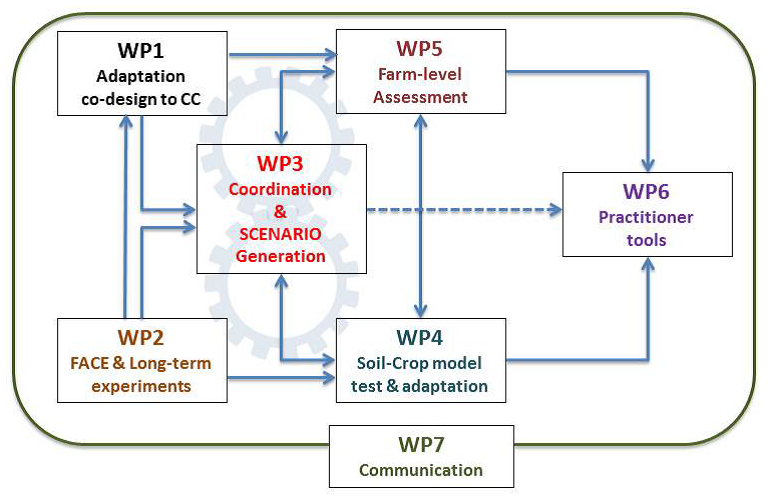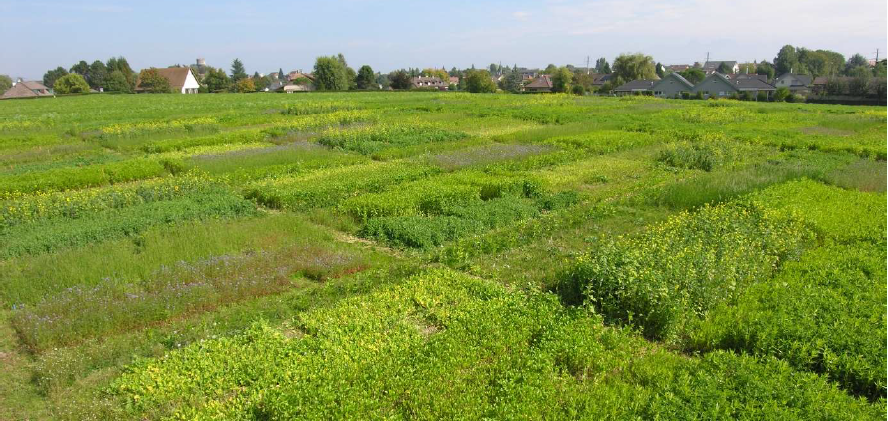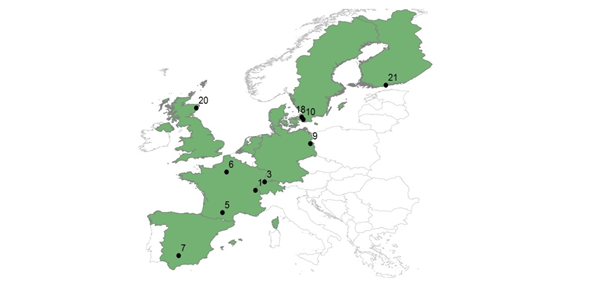Climate Change Adaptability of cropping and Farming systems for Europe
In Climate-CAFE, we have focused on increasing the “adaptive capacity” of European arable and forage crops to climate change. The project employs an interdisciplinary approach to evaluate traditional and more novel regional adaptation and mitigation strategies.
The main goal is to re-design farming systems for adaptation to climate change, through improved soil and water management, new cultivars, novel rotations, alternative tillage options, inclusion of legumes and intercrops, and enhancement of the buffering capacity of the soil-crop system.



ETH contribution (in close collaboration with INRA, France):
We will simulate various measures of site- and region-specific climate change adaptation (i.e. irrigation, legumes, cover cropping, reduced tillage or organic fertilization) in the European cropping systems using the DayCent model.
We will assess long-term biophysical effects of proposed climate change adaptation strategies and their combinations on changes in crop production, soil carbon and nitrogen stocks, greenhouse gas emissions, and nitrate leaching under future climate conditions: 8.5 and 4.5 Representative Concentration Pathways. Synergies and trade-offs between strategies will be also evaluated using different scales and indicators.
Our uncertainty assessment will focus on short- and long-term crop and soil responses to climate change resulting from uncertainties in climate change and soil and management input variables.
Stakeholder involvement:
- Scientific, agricultural advisors’ and farmers’ communities will be intensively involved in prioritizing climate change adaptation strategies
Partner institutions:
Centre for Agricultural Landscape Research (ZALF), Leibniz, Germany
Scotland's Rural College, Scotland
Swedish University of Agricultural Sciences, Sweden
Wageningen University, Netherlands
Technical University of Denmark (DTU), Denmark
CSIC (Agencia Estatal Consejo Superior de Investigaciones Cientificas), Spain
University of Helsinki, Findand
Agroscope, Switzerland
Nutrient Management Institute, Netherlands
Louis Bolk Institute, Netherlands
For further information please contact Johan Six ().
